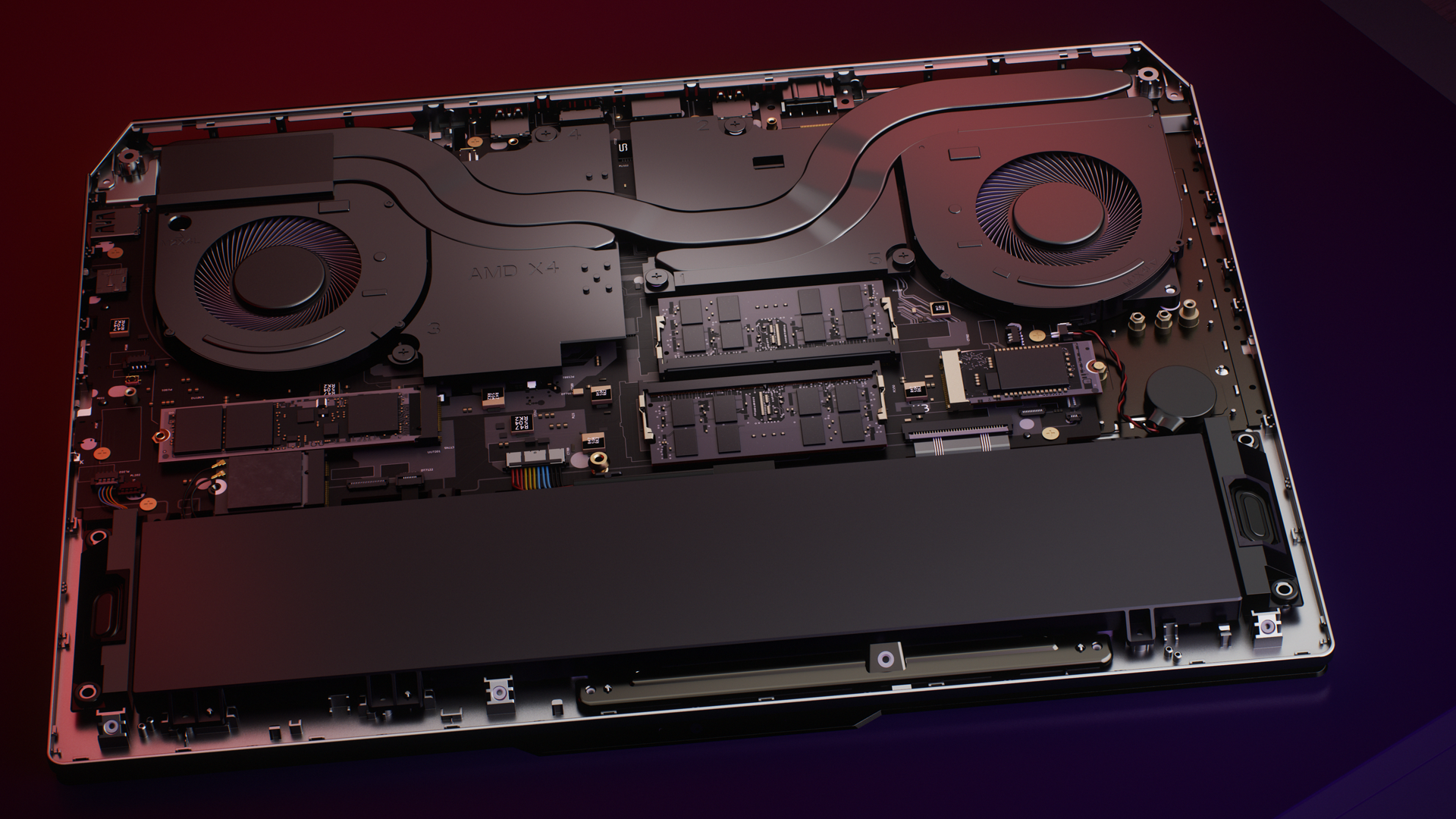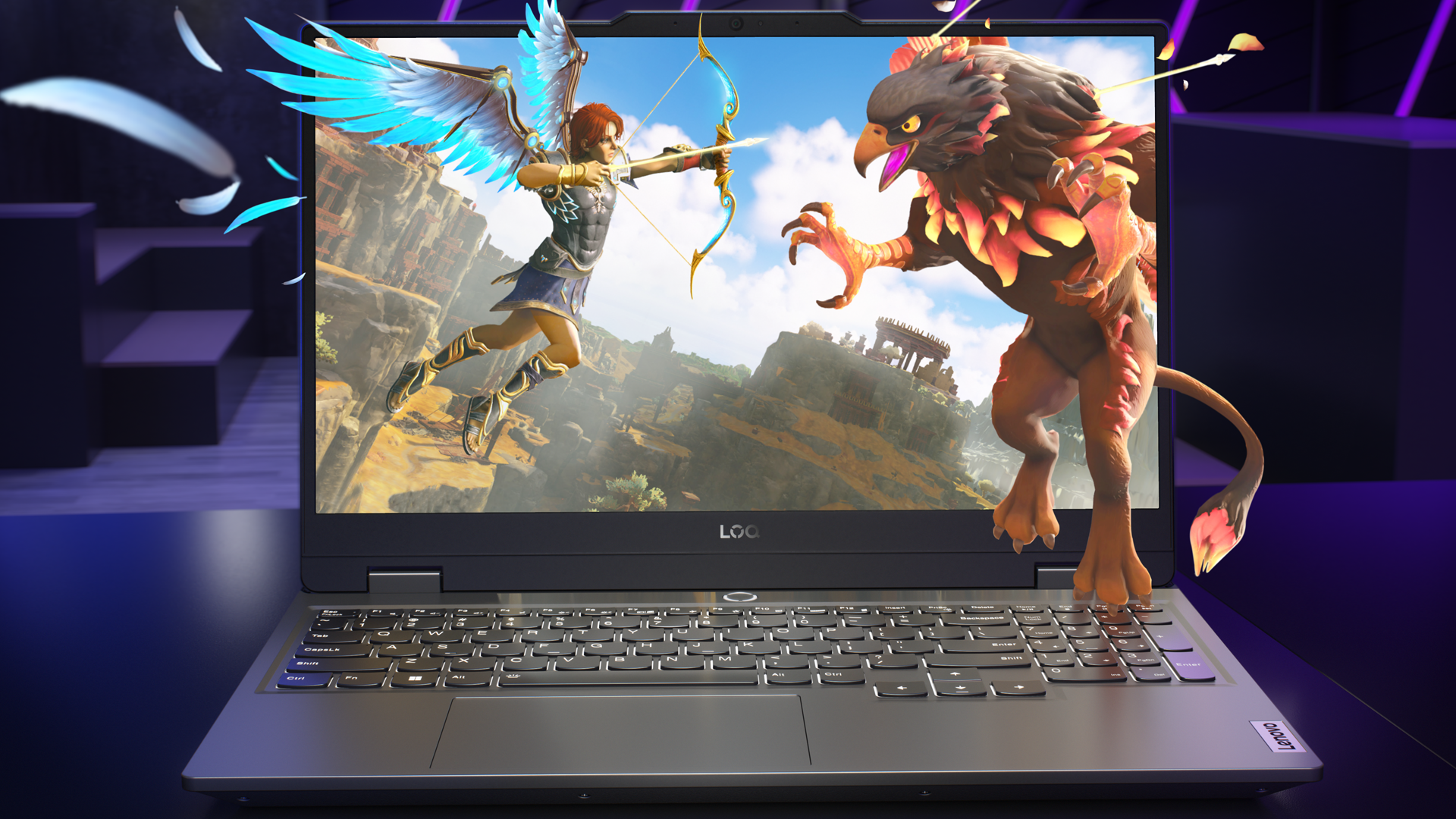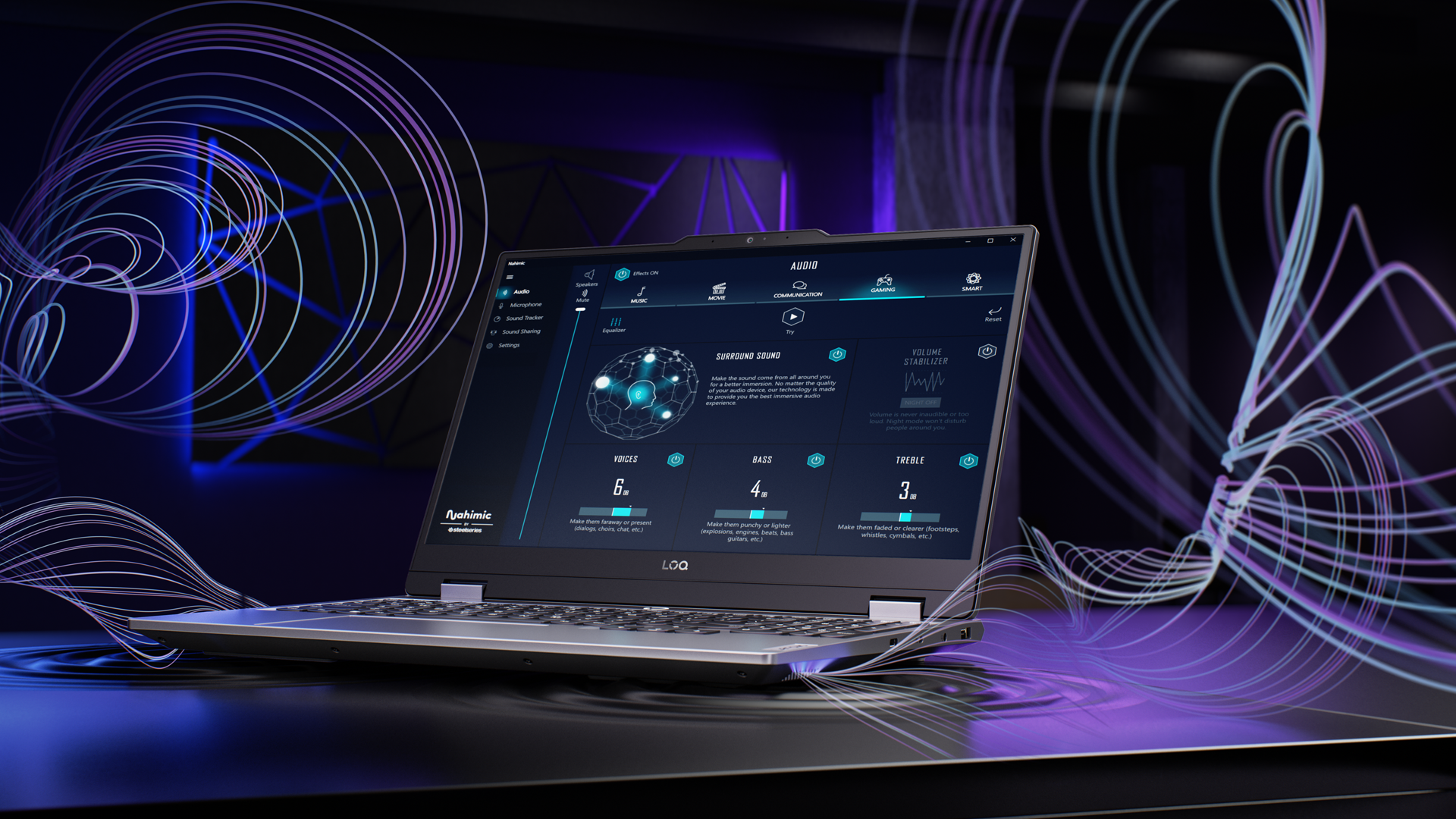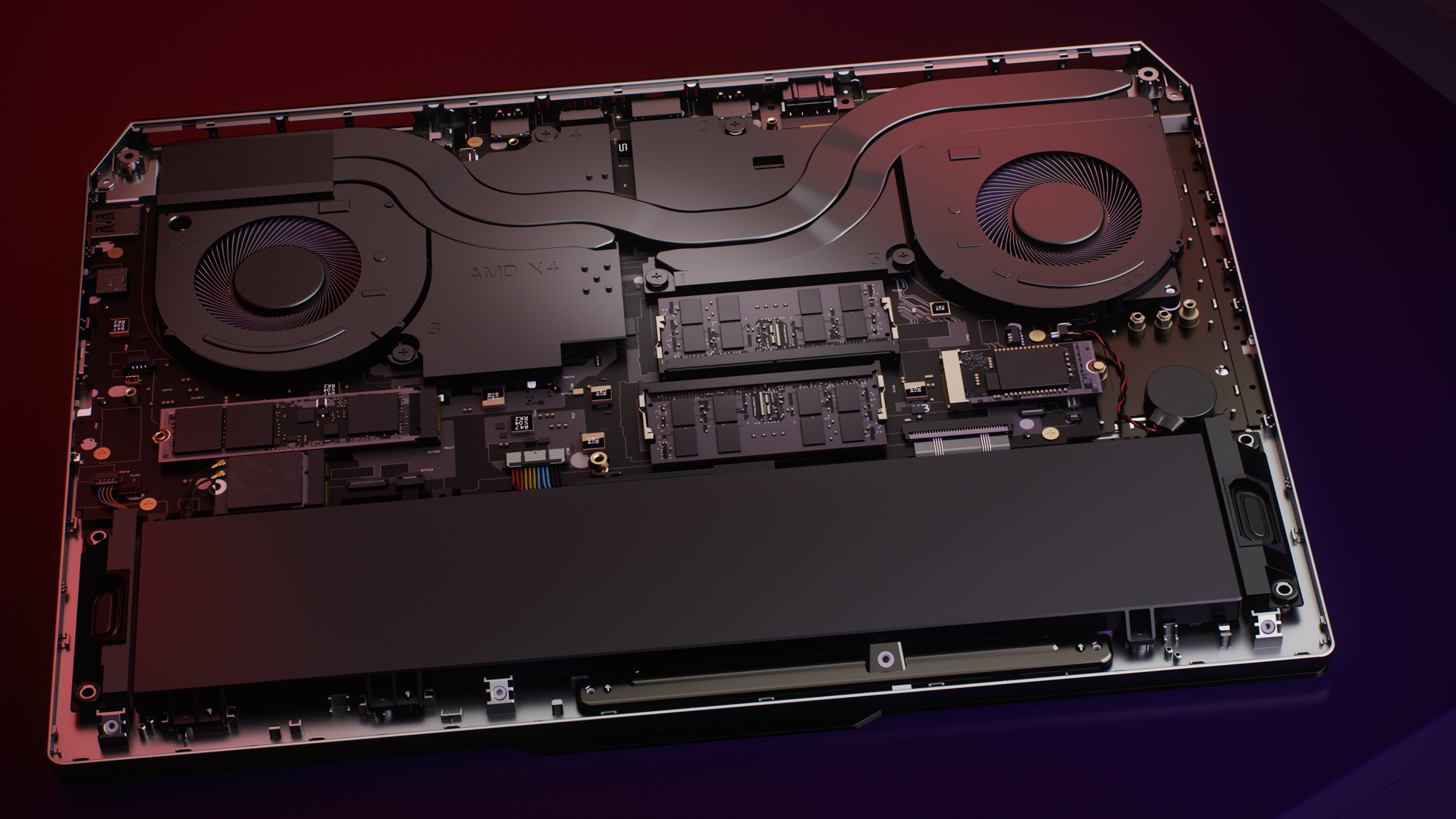Gaming laptops often have to balance form factor, weight, heat, and performance to try and give users a lightweight, portable powerhouse of a machine. It is something of an impossible task, but when you aren’t restricted to a specific budget you can eke out a pretty decent bit of performance and portability with fancy vapor chamber cooling systems and high-end components.
Budget gaming laptops, on the other hand, need to do all of that but without breaking the bank. Which is why you typically see budget gaming laptops repping last gen processors and low-end GPUs. They often come with less storage and less RAM as well to keep costs down. So when Lenovo announced a gaming laptop for under $800 I was pretty sceptical.
Budget over performance

The LOQ is Lenovo’s entry-level gaming laptop line, and their CES announcement was super-charged in terms of customization options and the inclusion of Lenovo’s LA1 AI chip. The trouble, of course, comes when you break down the component specs for the LOQ line.
Now, every budget gaming laptop comes with some sacrifices. MSI’s Cyborg 14 has single-color RGB keyboard lights and a 13th gen Intel CPU. Asus’s TUF F16 and A16 make similar sacrifices. Granted, the TUF laptops and the Cyborg 14 are all in the $1,000 range.
Coming in at $200 less starting, the LOQ sounds like an amazing deal. You can get up to an i7-14700H or Ryzen 7 8845HS processor and up to an RTX 4060, but those will all be the top-end versions of the LOQ 15IRX9 and 15AHP9. For the LOQ 15IAX9I and 15IAX9, we can see where the 2024 LOQ lineup starts. Both laptops come with an i5-12450HX and either an Intel Arc A530M or up to an NVIDIA RTX 4050 GPU. So if you want to stick close to that $799 price tag, you’ll be looking at a 12th Gen i5 processor and either an RTX 2050 or an Arc A530M GPU.
Obviously a much older CPU/GPU combo will be the cheapest configuration, and the 2050 is an option for most new budget gaming laptops. But that makes the focus for the LOQ clear, these are laptops configured to hit an absolute minimum price. And while there are options to get a new CPU and GPU, those will definitely hit above $1,000.
You pay in other ways

There’s nothing technically wrong with these builds. The 2050 is still a very popular GPU and Intel’s 13th gen processors are more power efficient than the 12th gen, but its not like an i5-12450HX is unplayable. That said, you are looking at a two-year-old CPU and a three-year-old GPU, or a low-mid range Intel GPU. And – as my mother always liked to say whenever my father thought he was being particularly thrifty – you pay in other ways.
The NVIDIA RTX 2050 is a solid GPU, but right now most of NVIDIA’s new tech upgrades start in the 30-series. So with the LOQ 15IAX9, you’re missing out on the latest DLSS improvements for optimizing GPU performance. This tech is especially helpful to leverage the full power of lower-end graphics cards.
For the LOQ 15IAX9I, you get a new Intel GPU. But its one that few games bother to optimize for, which will mean a hit to performance on many games. Particularly on older titles that aren’t being updated for new hardware. Additionally, the A530M GPU benchmarks similarly to the RTX 2050, though on some benchmarks the Nvidia GPU does outperform the Arc.
Bottom line

If you had all the money in the world, you wouldn’t buy a gaming laptop. Chances are, if you’re shopping for a budget gaming laptop it’s because you don’t have the space for a desktop, need to travel, and don’t have the money for a high-end system.
So you’re not going to be breaking any benchmark records with your rig. However, when your choices are a $799 system with old components or a $1,000 system with newer hardware, it makes more sense for your gaming future to buy hardware that’s still seeing updates from the manufacturer. Particularly where your GPU is concerned. For that extra $200, you’re going to have a more enjoyable time.
That doesn’t mean the LOQ line isn’t for you. Just maybe go for the 15IRX9 or 15AHP9, so you don’t tear your hair out trying to maximize your game settings for 60FPS at 1080p.
Back to Gaming Laptops







